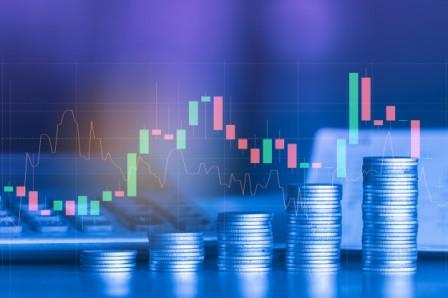While it can be hard to accurately measure the state of household finances in the UK given the impact of coronavirus, we should note that disposable income and spending levels have dwindled consistently over time.
There’s no doubt that a large number of households are struggling to manage their existing wealth, with one study suggesting that 43% of our disposable income in the UK is spent within 24 hours of payday.
This is an alarming statistic, and one that highlights the importance of increasing earning potential as a way of solving underlying money issues. But does financial and forex trading offer a viable income stream?
Understanding The Forex Market
The nature of the forex market means that you cannot make money from it without first understanding it in great detail, particularly when you consider its volatile nature and the fact that it sees an estimated $6.6 trillion traded globally every single day.
The forex market is a global entity in which participants can buy and sell currencies, for the purposes of both hedging and speculating.
In the case of the latter, there’s an opportunity for traders to speculate on the performance of specific currency pairings without assuming ownership of the underlying asset, enabling them to achieve a profit even in a depreciating market.
This is largely considered to be advantageous, as is the fact that currency is one of the most liquid assets imaginable. This means that it’s relatively easy to buy and sell major (and even minor) currencies, creating the potential for high-frequency trading and optimised profits.
However, these factors also hint at the margin-based nature of forex trading, as investors can use leverage to open positions that are far larger than their initial deposit size.
While this can increase profits, it also has the potential to trigger disproportionate losses that exceed your operating capital.
How to Trade In the Market
At this stage, you should appreciate the benefits and risks associated with forex trading, and the next step is to take your first steps in the marketplace.
We’d initially recommend undertaking a viable course or seminar, so that you can learn the basics of trading and develop a base of theoretical knowledge.
Then, you should look to gain practical knowledge and understanding by using a demo account, which simulates a real-time market environment and allows you to hone your strategy without risking your hard-earned cash.
It’s also wise to start small as a forex trader, initially by speculating on no more than one or two selected pairings. Then, you scale your portfolio in line with your knowledge and profitability, in addition to your growing expertise in technical analysis and understanding.
